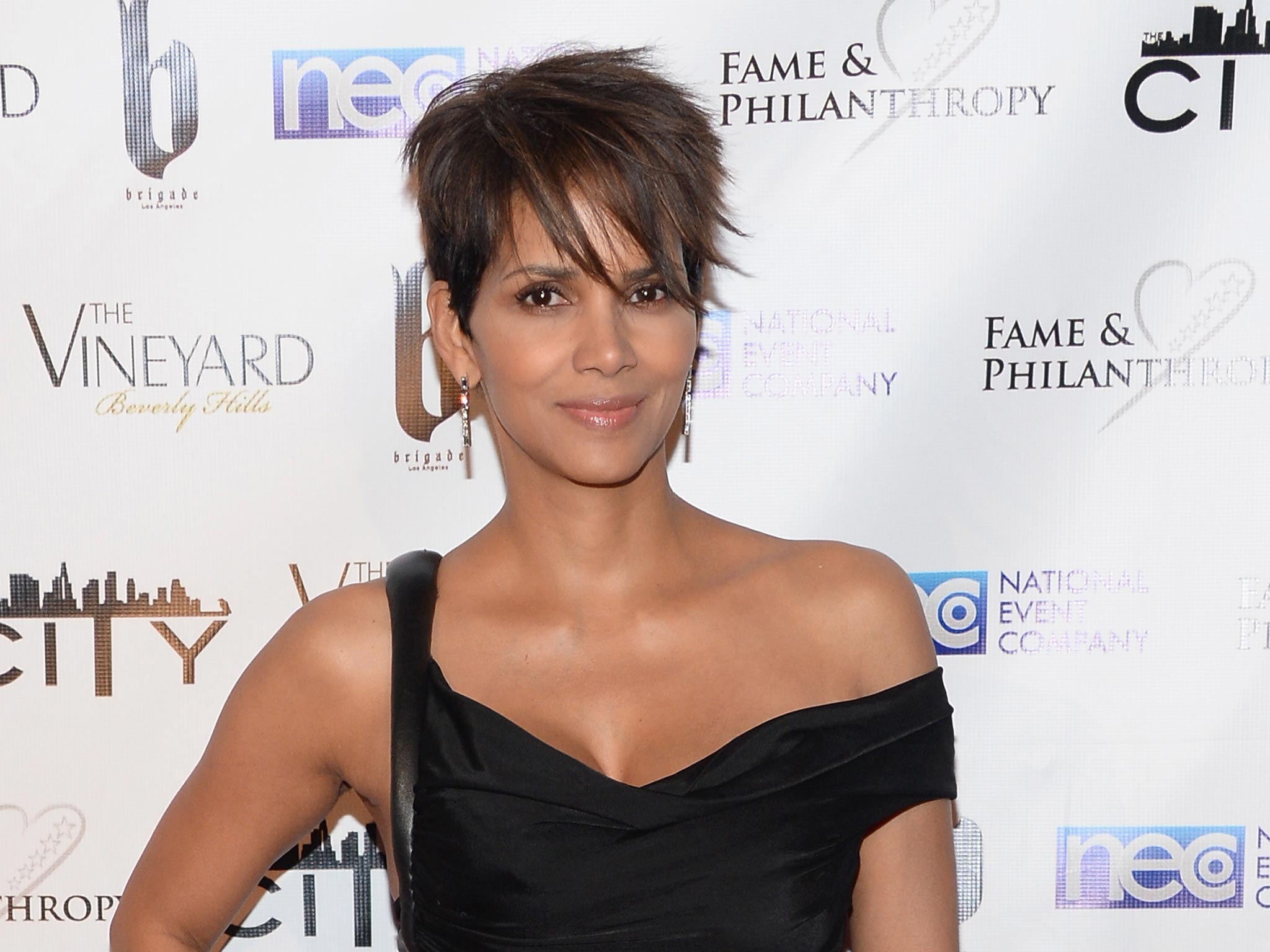Black actors only win an Oscar when they make white people feel better about their racist past
The Oscars problem goes deeper than just #OscarsSoWhite. People of colour still only win awards in films that portray slavery and its legacy


Racial bias continues to shape our world, and few incidents so far this year showed this more clearly than the #OscarsSoWhite controversy. As the all-white nomination list was announced mid-January, it was apparent that any attempts to pay lip service to equality had taken a back seat. But the problem goes deeper: a quick scan of recent winners and nominees suggests society is mainly comfortable with black people playing certain roles.
12 Years a Slave was the last film where the lead actor, Chiwetel Ejiofor, was black and nominated (albeit unsuccessfully) for an Oscar. For this same film, a person of colour actually won an Academy Award: Lupita Nyong'o for best supporting actress. One of the next films tipped for big things is The Birth of a Nation. This film, which takes its title from DW Griffiths famously racist 1915, is also about slavery.
The Birth of a Nation follows the journey of Nat Turner, a former slave who led a revolt said to have sparked the civil war and the eventual abolition of slavery. It won the Grand Jury and Audience Award at Sundance film festival earlier this week; it’s well within the realms of possibility that it could end up on course for an Academy Award. If it comes to pass, that’s a problem.
The focus on slavery in America at least means they’re trying to come to terms with their past. In Britain we quietly usher to one side or sugar-coat our own bloody history. We aren’t upfront about the brutalities of Empire. Granted, unlike American slavery, colonialism happened beyond our borders, but it laid the foundations for modern Britain.
When slavery, a key part of the colonial project, was abolished, former slave owners were compensated £20 million at the expense of the taxpayer. This – the largest bailout in British history until 2009 – hasn’t become a mark of shame. As we stay relatively silent about the realities of our past, through film America is at least trying confront its history. So, what’s the problem?
Popular representations showing slavery in all its horrifying exploitation and violence are important for confronting and understanding the past. But the danger is they act a marker to show how far America has come, separating the past from the present as if the legacies of slavery don’t haunt the present and racism doesn’t exist any more, affecting the lives of so many African Americans. The message is this: once upon a time, white people 'owned' black people; now the latter can win awards, and so everything is fine.

This speaks to a wider problem of the roles society permits black and minority ethnic people to play. In films about slavery, black men can play strong, moral characters. Their strength is likely to be a positive so long as it’s relegated to the past. Rarely in the present day do they play the hero (remember that Idris Elba is “too street” to play James Bond).
Instead, they’re portrayed as barbaric and violent by nature; take the corrupt police officer Denzel Washington plays in Training Day (for which he won an Oscar). And if they’re not powerful, they’re almost completely silent best friends, furniture dressing, or the backwards characters who need a white knight to save them. These minor roles are the ones that minority ethnic women are all too used to playing - thgat's if they’re not typecast as the loud-mouthed and easy-to-ridicule Angry Black Women.
The Oscars statistics tell this story: Halle Berry is still the only black woman to have won the award for best lead actress, whereas six women of colour have won the supporting actress trophy. If people of colour fit into acting stereotypes, they’re more likely to be successful.
This stereotyping matters because it reflects and affects the real world. These racist tropes embed themselves in society’s subconscious, telling us all – even those from the minority ethnic community themselves – that people of colour shouldn’t be trusted and aren’t as competent as their white counterparts.
Little wonder, then, that qualified black and minority ethnic people get paid less than white people, or that students taught by academics of colour are less likely to rate their courses positively.
It’s these representations that, in the wake of the disaster wrought by Hurricane Katrina in the US, led the media to describe black people as “looting” and white people as “finding” food. It’s this same logic that means editors ring up people of colour to write about “race” issues or women about “feminine” issues, but not much else. Meanwhile men (yes, predominantly white men) get endless calls to write about anything from foreign policy to feminism - even when they aren’t qualified on the subject.
There are, of course, successful films, actors and individuals who are constantly fighting against and breaking the mould. But as #OscarsSoWhite has shown us, change can’t be led by a few.
It’s up to film-goers as well as film-makers to demand an end to these stereotypes.
Join our commenting forum
Join thought-provoking conversations, follow other Independent readers and see their replies
Comments
Bookmark popover
Removed from bookmarks